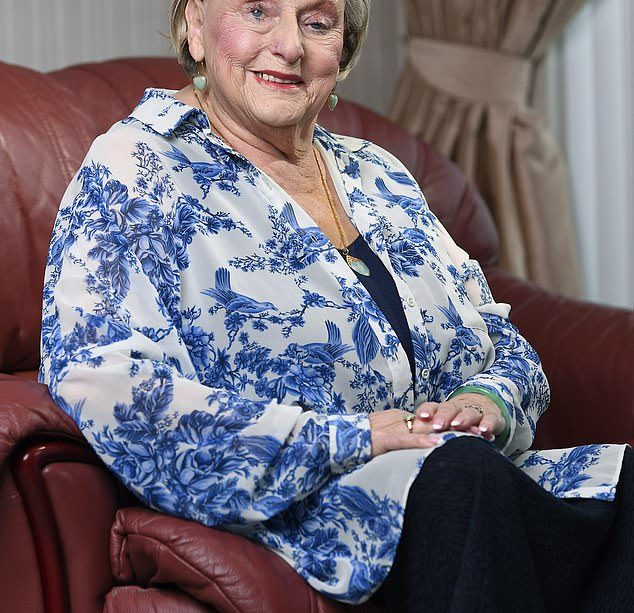The Inspiring Journey of Ann Ming: A Champion for Justice

Introduction
Ann Ming has become a prominent figure in the UK for her tireless advocacy for justice and victims’ rights. Her story is not only a tale of personal loss but also one of resilience and determination to bring about systemic change. This narrative resonates with many, highlighting the importance of fighting for justice in the face of adversity. As discussions around victims’ rights and legal reforms grow more urgent, Ann Ming’s contributions remain relevant and significant.
Background and Early Life
Ann Ming was born and raised in the UK, where she spent much of her early life fostering a deep empathy for others. Her advocacy journey began after a tragic event that changed her life forever: the murder of her daughter, Helen Ming, in 2003. Ann’s unwavering pursuit of justice for Helen ignited her passion to fight for victims’ families, influencing her to challenge existing legal frameworks and advocate for changes within the justice system.
Advocacy Efforts
After enduring the pain of losing her daughter, Ann Ming became the voice for many families who felt unheard by the justice system. She established the Helen Ming Foundation, a charity dedicated to supporting victims’ families and promoting awareness of violent crime. In her role, Ann has been instrumental in campaigning for policy reforms, including the right for victims to be treated with dignity and compassion by law enforcement and the judicial system.
Her advocacy extends to setting up various initiatives aimed at reforming the legal system, pushing for greater transparency and accountability from law enforcement agencies. Ann’s relentless efforts have also seen her collaborate with various organisations, including victim support groups and governmental bodies, to push for changes in how victims are perceived and treated in the justice system.
Recent Developments
In recent years, Ann Ming’s advocacy has gained momentum, particularly as movements to reform the justice system gather traction. She has been featured in numerous media outlets, drawing attention to the inadequacies faced by victims’ families and championing the cause of justice reform. Additionally, Ann has taken her campaign to international forums, seeking to inspire global change by sharing her personal experiences and insights.
Conclusion
Ann Ming’s journey is a testament to the power of resilience and the importance of advocacy in the quest for justice. Her work continues to bridge the gap between victims and the justice system, serving as a beacon of hope for many families affected by violent crime. As discussions around legal reform progress, the influence of advocates like Ann Ming will play a crucial role in shaping a more just and equitable system for all. Readers should remain informed and engaged in these conversations, recognising the significance of their voices in advocating for change.









